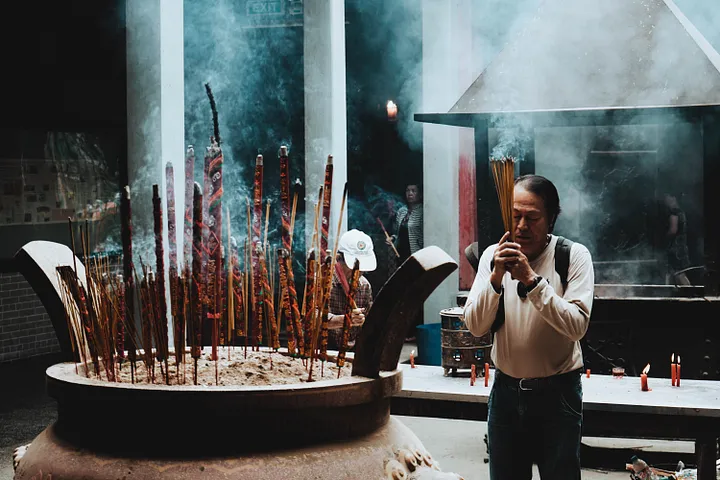
Photo by Chinh Le Duc on Unsplash
The title is loosely translated from a Vietnamese idiom
Bụt chùa nhà không thiêng
Literally translated, the idiom is about a Buddhist Saint (Vietnamese: bụt) prayed to in a pagoda (Vietnamese: chùa) close to or within the home (Vietnamese: nhà) being non-divine (Vietnamese: không thiêng)
Usages
The idiom has 2 common usages. One is a resignation that own advice, tool, resource, etc… was unsuccessful in helping a close friend, a loved one, or a fond organization achieves an objective. For example, when your favorite football team fails to win at home, you may say “Bụt chùa nhà không thiêng” to mean the home advantage and fan support were not successful in securing a win.
The other usage, more popular in my opinion, is a complaint that our beloved ignores our advice, tool, resource, etc…, and sometimes by preferring a similar thing from someone else. For example, most of us probably have some experience of our own advice being ignored by a friend or family member; worse, the person later follows similar advice from someone else. In this usage, I believe the closest English version is:
A prophet is not without honour, save in his own country, and in his own house. And he did not many mighty works there because of their unbelief — Matthew 13:57–58
Why Buddhist Saint?
Because Buddhism was the dominant religion in Vietnam for most of its existence. In some periods, especially during the Ly dynasty and Tran dynasty, Buddhism was the official religion with some Kings even converted to monks. Even with the rise of Confucianism and the spread of Christianity, Buddhism is still the most followed religion in Vietnam. Some sources estimate that 60% of Vietnamese follow Buddhism.
Please let me know if you agree with my translation or if you have suggestions or any questions.
Thank you.
comments powered by Disqus